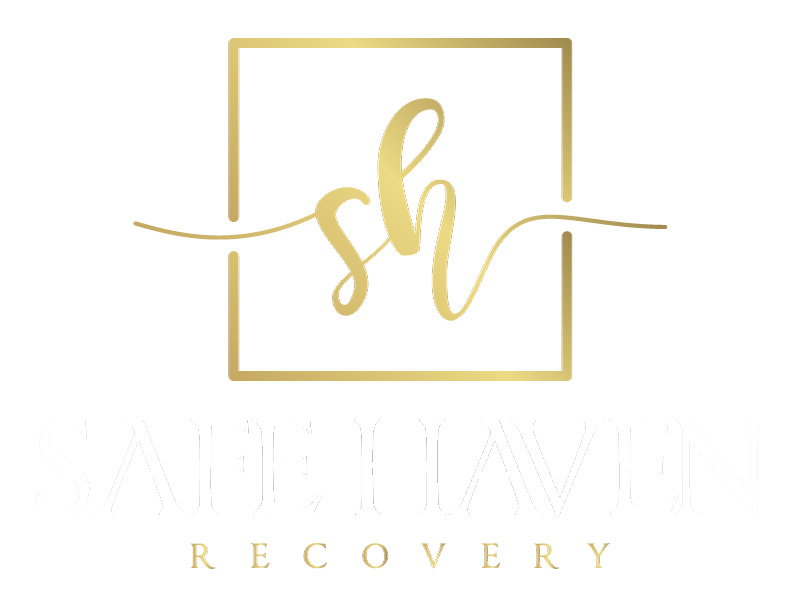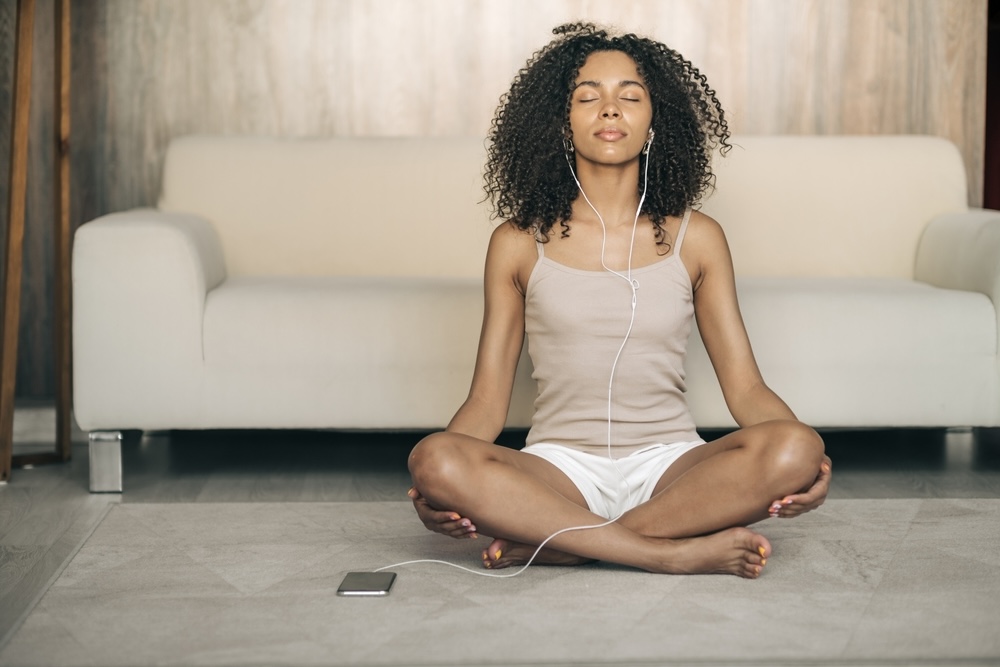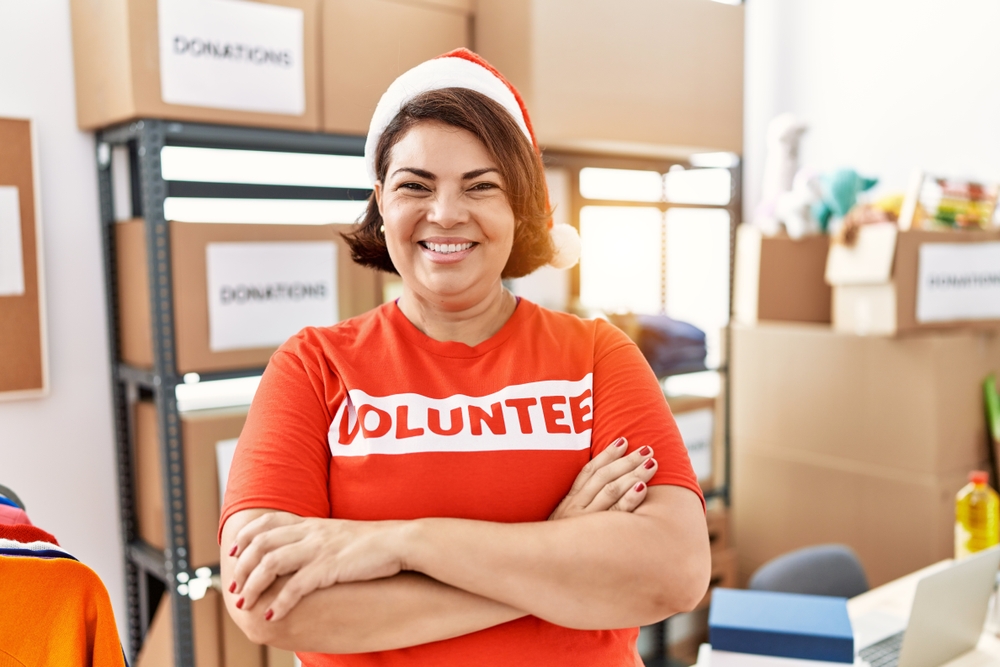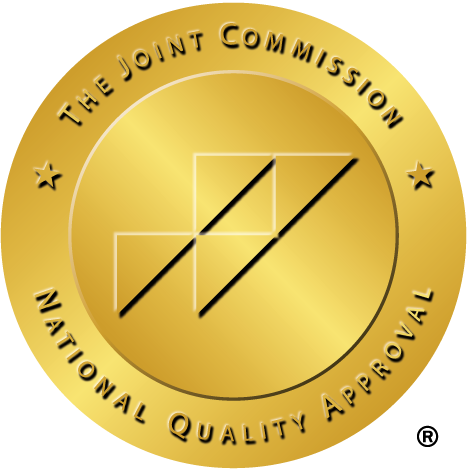
The holiday season is a truly special time, filled with joy, celebration, and togetherness. It brings people closer and creates cherished memories. However, for those on the journey of addiction recovery, this time of year can also present unique challenges and triggers that may jeopardize the hard-earned progress they have made. That’s why, during the holiday season, it becomes even more crucial to prioritize self-care and take proactive steps to safeguard one’s well-being.
In this blog post, we will talk about six essential self-care strategies that have been thoughtfully tailored for individuals in addiction recovery. These strategies can provide the necessary tools and support to navigate the holiday season with resilience, strength, and a renewed focus on personal well-being.
By implementing these strategies, you can enhance your ability to confront and overcome any obstacles that may arise, ensuring that your recovery journey remains steadfast and empowering.
#1 Prioritize Your Well-Being
During the holiday season, it’s crucial to prioritize your physical, mental, and emotional well-being. Ensure you’re getting enough sleep to support your recovery and overall health.
Eating nutritious meals can provide the energy and nutrients your body needs to stay strong. Regular exercise, even if it’s just a walk or gentle stretching, can help reduce stress and boost your mood. Make self-care activities a non-negotiable part of your daily routine.
#2 Seek Support
The holiday season can bring up unique challenges for people in addiction recovery. Reach out to your support network for guidance and encouragement. Whether it’s a therapist, counselor, sponsor, or sober friends, leaning on them can provide valuable insight and understanding.
They can help you navigate triggers, stressors, and difficult emotions that may arise during this time. Attend support meetings regularly and consider increasing your attendance if needed.
#3 Practice Mindfulness and Relaxation Techniques
Mindfulness and relaxation techniques can be powerful tools for managing stress. Incorporate practices like meditation, deep breathing exercises, or yoga into your daily routine. These practices help calm the mind, reduce anxiety, and improve overall well-being.
Journaling is another effective way to process emotions and gain clarity. Find what works best for you and make it a regular part of your self-care routine.

#4 Set Healthy Boundaries
Setting boundaries is vital to protect your sobriety and prioritize your mental health. Be mindful of your own limits and learn to say no to activities or events that may trigger you or compromise your recovery.
Communicate your boundaries assertively and advocate for your needs. Surround yourself with supportive and understanding people who respect your boundaries.
#5 Create a Structured Schedule
Establishing a structured schedule can provide stability during the holidays. Plan your days in advance, including time for self-care, support meetings, and enjoyable activities.
Having a routine helps maintain accountability and reduces the likelihood of feeling overwhelmed or idle. Stick to your schedule as much as possible, but also be flexible and open to adjustments when necessary.
#6 Practice Gratitude
Gratitude is a powerful practice that can shift your focus from stress to appreciation. Take a few moments each day to reflect on what you’re grateful for. It could be small moments of joy, progress in your recovery journey, or the support system you have.
Expressing gratitude cultivates a positive mindset and reminds you of the progress you’ve made. Consider keeping a gratitude journal to document these moments and refer back to them during challenging times.
Best Addiction Treatment Programs in Beverly Hills, CA
At Safe Haven Recovery, we encourage our clients to prioritize self-care. We understand how important it is to have a strong support system, structured routine, and effective coping strategies in addiction recovery. At our residential addiction treatment center in Beverly Hills, CA, we provide personalized care and evidence-based treatments to help individuals achieve lasting recovery.
Reach out to us today to learn more about our addiction treatment programs and how we can support you.









